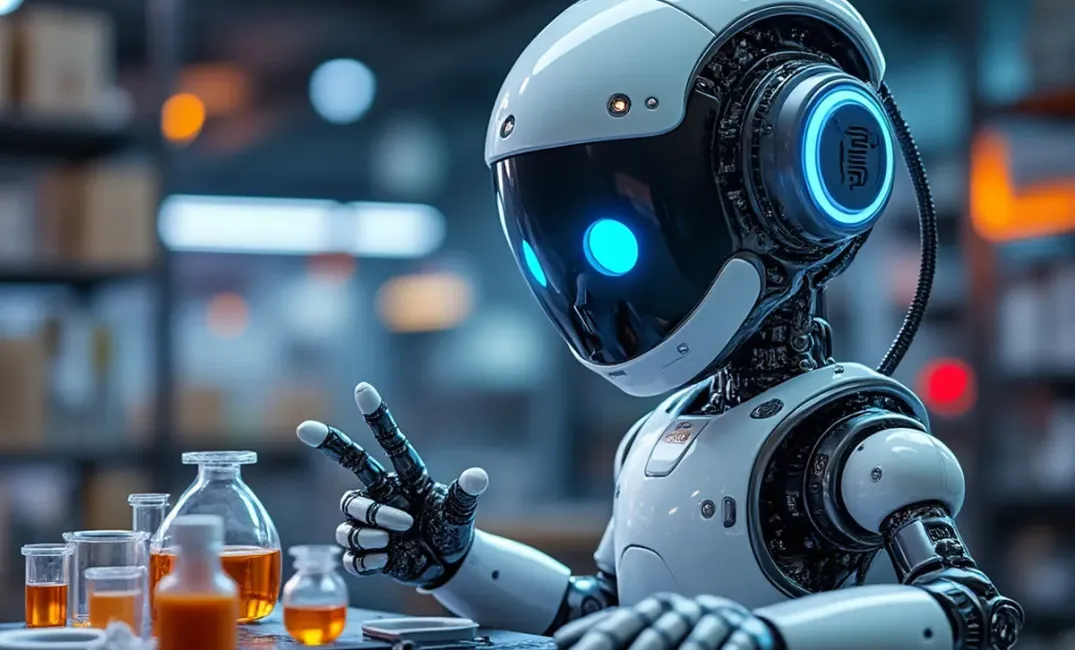Table of Contents
This paper is worth spending some time on. We may be headed for an era where machines do work that dramatically accelerates the progress of science.
It was published in September of 2024 and written by Chris Lu, a researcher at OpenAI; Cong Lu, a postdoctoral fellow at the University of British Columbia and the Vector Institute; Robert Tjarko Lange, affiliated with Sakana AI—a Tokyo-based AI research company developing nature-inspired foundation models; Jakob Foerster, an Associate Professor at the University of Oxford; Jeff Clune, a Professor of Computer Science at the University of British Columbia and Senior Research Advisor at DeepMind; and David Ha, also associated with Sakana AI.
The paper describes an approach to automating the entire scientific research process through AI. The system called the “AI scientist” can generate novel research ideas, design and execute experiments, analyze results, write scientific papers, and perform self peer-review, all without human intervention.
The system iterates on ideas autonomously, continuously refining its research output. A full paper costs about $15 to produce.
The process can potentially be adapted to fields such as biology, chemistry or physics. The AI scientist itself learns and improves through its own findings.
The implications for society are profound. This system could dramatically accelerate scientific discovery across medicine, materials science and more.

